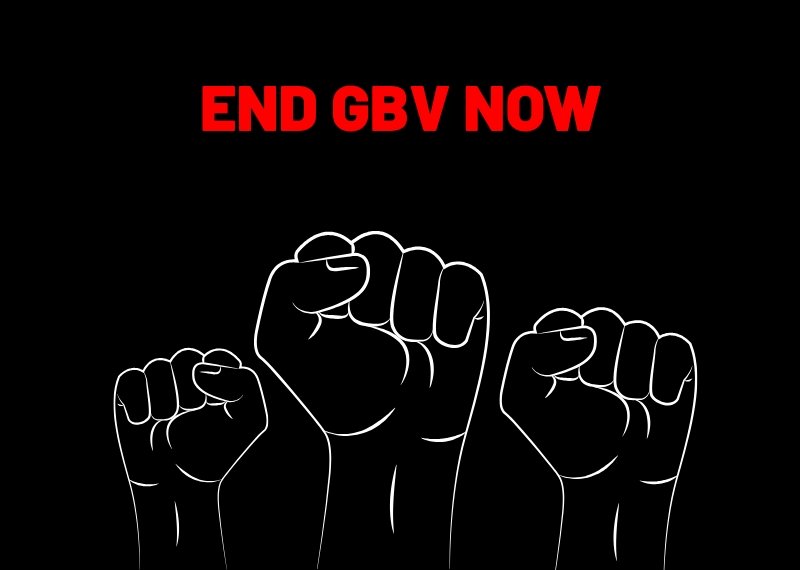BY MARTHA LALAI, DEPARTMENT OF MASS COMMUNICATION, BORNO STATE UNIVERSITY, MAIDUGURI.
Gender-based violence (GBV) is a pervasive and insidious issue that affects millions of people around the world, particularly women and girls.
It is a human rights violation that perpetuates inequality, discrimination, and social injustice.
Despite efforts to address GBV, it remains a persistent problem, and it is imperative that we break the cycle of violence and work towards creating a society that values and respects the rights and dignity of all individuals.
The statistics on GBV are alarming. According to the World Health Organization (WHO), one in three women worldwide has experienced physical or sexual violence in their lifetime.
In Nigeria, where I am based, the National Demographic and Health Survey (NDHS) 2018 reported that 31% of women aged 15-49 have experienced physical violence, while 14% have experienced sexual violence.
GBV is not only a personal issue but also a societal problem that requires a collective response.
It is perpetuated by social norms, cultural practices, and power imbalances that reinforce patriarchal systems and attitudes.
GBV is also linked to poverty, lack of education, and unemployment, which can exacerbate the vulnerability of women and girls.
To break the cycle of GBV, we need to adopt a multifaceted approach that addresses the root causes of violence. This includes:
- Changing social norms and attitudes: We need to challenge and change the social norms and attitudes that perpetuate GBV. This requires engaging with communities, traditional leaders, and influencers to promote positive messages about women's rights and dignity.
- Strengthening laws and policies: Laws and policies that protect women's rights and prevent GBV must be strengthened and enforced. This includes laws on domestic violence, rape, and other forms of GBV.
- Providing support services: Survivors of GBV need access to support services, including counseling, medical care, and legal assistance. These services must be accessible, affordable, and sensitive to the needs of survivors.
- Promoting education and economic empowerment: Education and economic empowerment are critical in preventing GBV. Women and girls who are educated and economically empowered are less likely to experience GBV.
- Engaging men and boys: Men and boys have a critical role to play in preventing GBV. They must be engaged in efforts to promote positive masculinity and challenge patriarchal attitudes and behaviors.
In conclusion, breaking the cycle of GBV requires a collective effort from governments, civil society organizations, communities, and individuals. We must work together to challenge social norms and attitudes, strengthen laws and policies, provide support services, promote education and economic empowerment, and engage men and boys in efforts to prevent GBV.
Only then can we create a society that values and respects the rights and dignity of all individuals.

